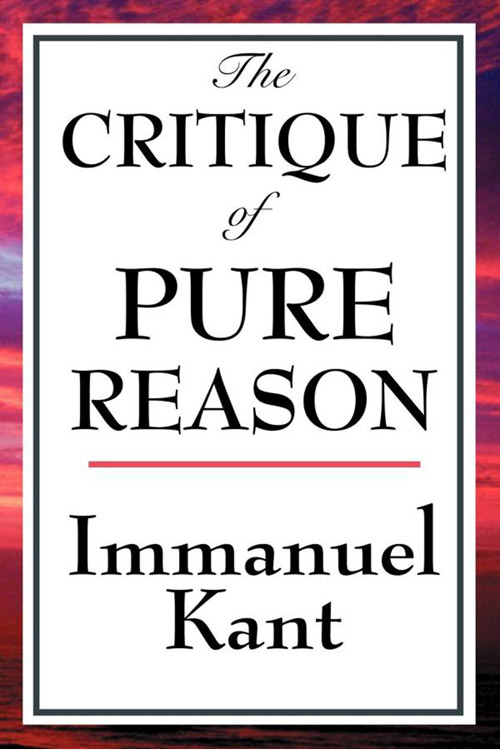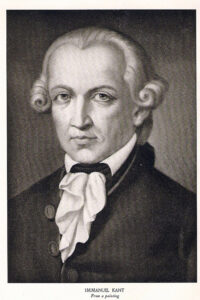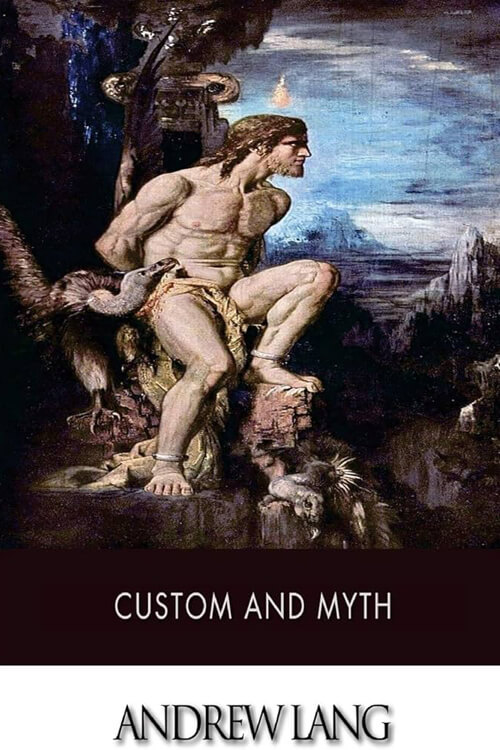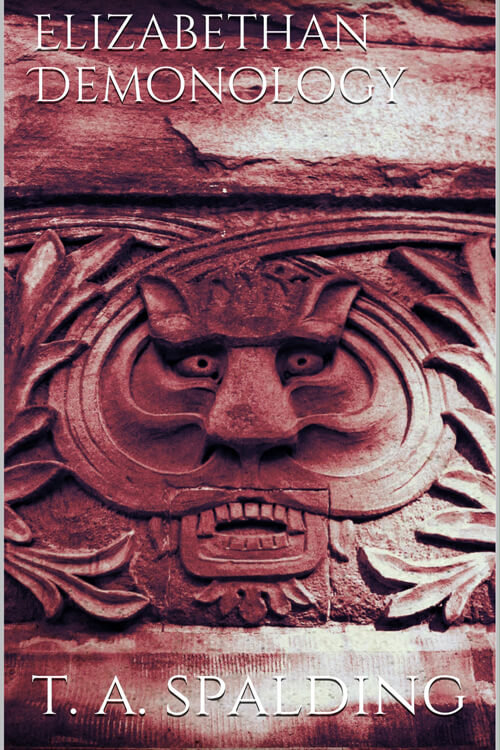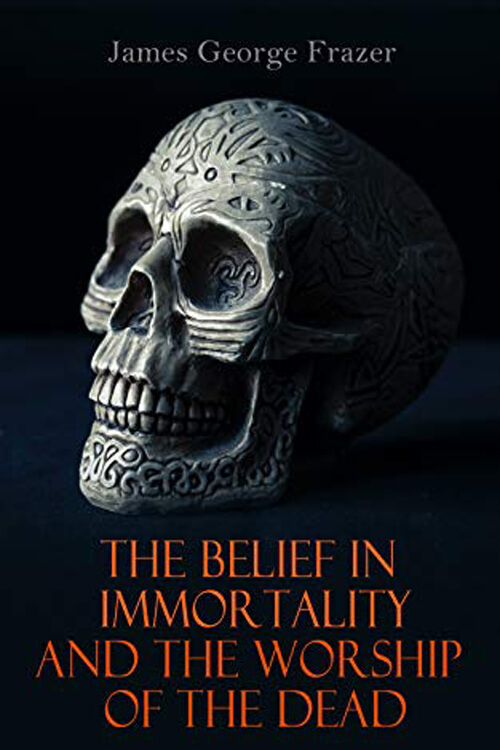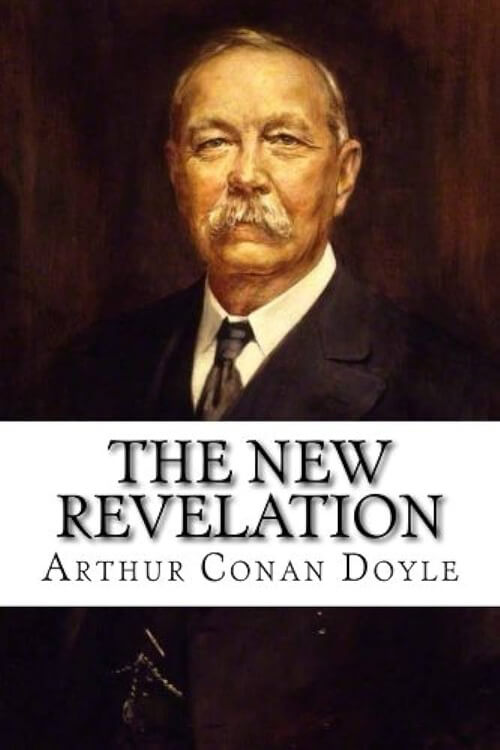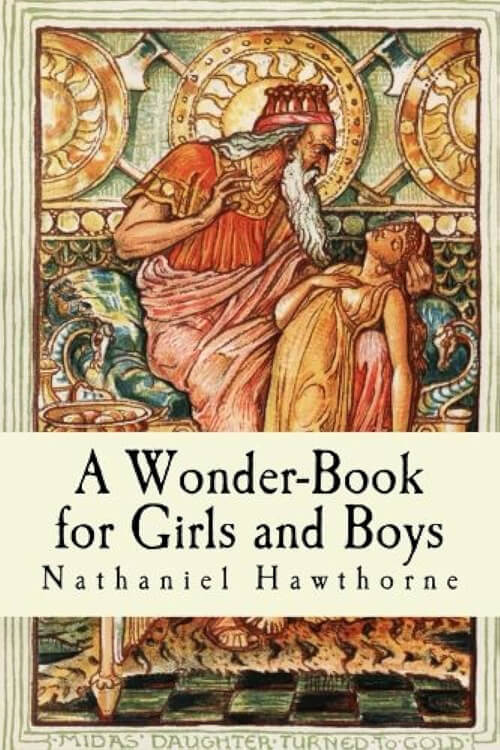
The Critique of Pure Reason
The Critique of Pure Reason (1781; second edition 1787) is a book by the German philosopher Immanuel Kant, in which the author seeks to determine the limits and scope of metaphysics. Also referred to as Kant’s “First Critique”, it was followed by his Critique of Practical Reason (1788) and Critique of Judgment (1790). In the preface to the first edition, Kant explains that by a “critique of pure reason,” he means a critique “of the faculty of reason in general, in respect of all knowledge after which it may strive independently of all experience” and that he aims to decide on “the possibility or impossibility of metaphysics”. The term “critique” means a systematic analysis in this context rather than the everyday sense of the term. Kant builds on the work of empiricist philosophers such as John Locke and David Hume and rationalist philosophers such as Gottfried Wilhelm Leibniz and Christian Wolff.
He expounds new ideas on the nature of space and time. He tries to solve Hume’s scepticism regarding the relation of cause and effect and René Descartes’s knowledge of the external world. This is argued through the transcendental idealism of objects (as appearance) and their form of appearance. Kant regards the former “as mere representations and not as things in themselves” and the latter as “only sensible forms of our intuition, but not determinations given for themselves or conditions of objects as things in themselves”. This grants the possibility of a priori knowledge since objects as appearance “must conform to our cognition…which is to establish something about objects before they are given to us.” Knowledge independent of experience Kant calls “a priori” knowledge, while knowledge obtained through experience is termed “a posteriori”. According to Kant, a proposition is a priori if necessary and universal. A proposition is required if it is not false and cannot be rejected; rejection is a contradiction. A proposition is universal if it is valid in all cases, and so does not admit of any exceptions. Knowledge gained a posteriori through the senses, Kant argues, never imparts absolute necessity and universality because we might encounter an exception. Kant further elaborates on the distinction between “analytic” and “synthetic” judgments. A proposition is analytic if the content of the predicate concept of the proposition is already contained within the subject concept of that proposition.
For example, Kant considers the proposition “All bodies are extended” analytic since the predicate concept (‘extended’) is already contained within—or “thought in”—the subject concept of the sentence (‘body’). Therefore, the distinctive characteristic of analytic judgments is that they can be known to be true simply by analysing the concepts contained in them; they are true by definition. In synthetic propositions, on the other hand, the predicate concept is not already contained within the subject concept. For example, Kant considers the proposition “All bodies are heavy” synthetic since the concept of ‘body’ does not already contain the concept of ‘weight’. Synthetic judgments, therefore, add something to a concept, whereas analytic judgments only explain what is already contained in the concept. Before Kant, it was thought that all a priori knowledge must be analytic. Kant, however, argues that our knowledge of mathematics, the first principles of natural science, and metaphysics is both a priori and synthetic. The peculiar nature of this knowledge cries out for explanation. Therefore, the Critique’s central problem is to answer the question: “How are synthetic a priori judgments possible?” It is a “matter of life and death” to metaphysics and human reason, Kant argues, that the grounds of this kind of knowledge be explained.
Read or download Book
Immanuel Kant
Immanuel Kant (22 April 1724 – 12 February 1804) was a German philosopher and one of the central Enlightenment thinkers.
Biography
Born in Königsberg, Kant’s comprehensive and systematic works in epistemology, metaphysics, ethics, and aesthetics have made him one of modern Western philosophy’s most influential and controversial figures. In his doctrine of transcendental idealism, Kant argued space and time are mere “forms of intuition” that structure all experience and that the objects of knowledge are mere “appearances”. The nature of things as they are in themselves is unknowable to us. To counter the philosophical doctrine of scepticism, he wrote the Critique of Pure Reason (1781/1787), his best-known work. Kant drew a parallel to the Copernican revolution in his proposal to think of the objects of experience as conforming to our spatial and temporal forms of intuition and the categories of our understanding so that we have a priori cognition of those objects. These claims have proved incredibly influential in the social sciences, particularly sociology and anthropology, which regard human activities as pre-oriented by cultural norms.
Kant believed that reason is the source of morality and that aesthetics arises from a faculty of disinterested judgment. Kant’s religious views were deeply connected to his moral theory. Their exact nature, however, remains in dispute. He hoped that perpetual peace could be secured through an international federation of republican states and international cooperation. His Cosmopolitan reputation, however, is called into question by his promulgation of scientific racism for much of his career, although he altered his views on the subject in the last decade of his life. Immanuel Kant was born on 22 April 1724 into a Prussian-German family of Lutheran Protestant faith in Königsberg, East Prussia (since 1946, the Russian city of Kaliningrad). His mother, Anna Regina Reuter (1697–1737), was born in Königsberg to a father from Nuremberg. Her surname is sometimes erroneously given as Porter.
Kant’s father, Johann Georg Kant (1682–1746), was a German harness-maker from Memel, at the time Prussia’s most northeastern city (now Klaipėda, Lithuania). It is possible that the Kants got their name from the village of Kantvainiai (German: Kantwaggen – today part of Priekulė) and were of Kursenieki origin. Baptized Emanuel, Kant later changed the spelling of his name to Immanuel after learning Hebrew. He was the fourth of nine children (six of whom reached adulthood). The Kant household stressed the pietist values of religious devotion, humility, and a literal interpretation of the Bible. The young Immanuel’s education was strict, punitive, and disciplinary and focused on Latin and religious instruction over mathematics and science. In his later years, Kant lived a strictly ordered life. It was said that neighbours would set their clocks by his daily walks. He never married but seems to have had a rewarding social life; he was a popular teacher as well as a modestly successful author, even before starting on his major philosophical works.

